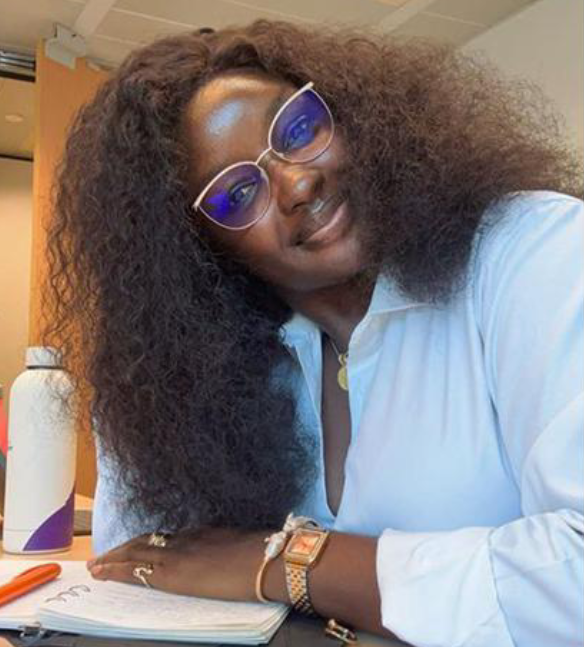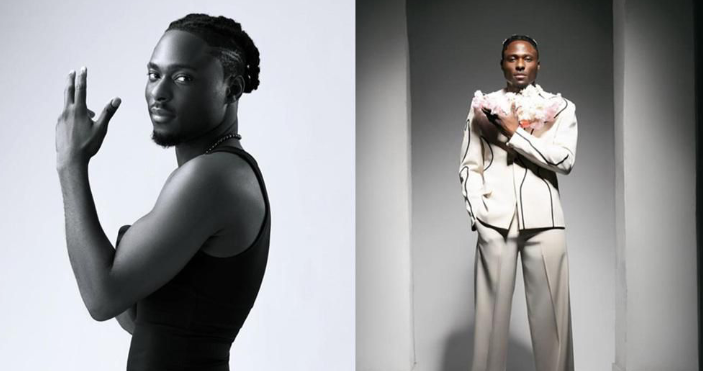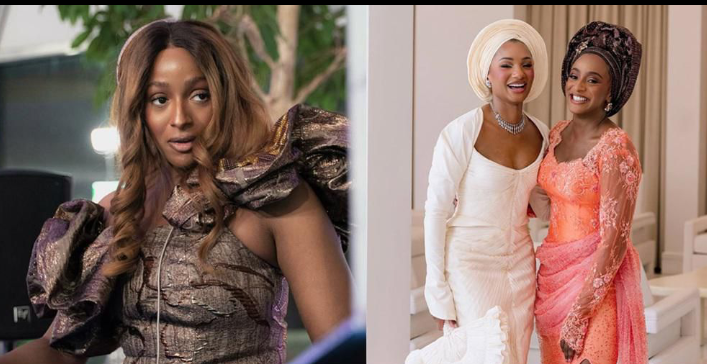
“It’s a Bit of a Struggle” — BBNaija’s Saskay Opens Up About the Harsh Reality of Schooling in Europe After Nigeria’s Rote System

Reality TV star and artist, Saskay, has sparked a wave of conversation online after opening up about her ongoing struggle with adapting to the European education system. In a candid post on X (formerly Twitter), the former Big Brother Naija housemate shared her experience transitioning from Nigeria’s traditional learning approach to a more analytical, application-based system abroad. Her words have struck a chord with thousands of students, educators, and fans who understand too well the challenges of shifting from a memorization-based education to one centered on critical thinking and practical application.
Saskay, known for her grace, intelligence, and creative artistry since her breakout on BBNaija Shine Ya Eye, wrote, “Schooling in Nigeria made me learn exactly what I was taught and spitting it out in tests/exams. Schooling in Europe says I need to learn what I'm taught, read more outside of school work and apply that knowledge to real life situations in tests/exams. It’s a bit of a struggle tbh especially since I’ve never learnt how to do the latter.” Her tweet, simple yet deeply reflective, has reignited the ongoing debate about the Nigerian education system and its heavy reliance on rote learning — a system many argue doesn’t adequately prepare students for critical reasoning or practical engagement with the real world.
For many who read her post, Saskay’s struggle felt like a mirror. Thousands of Nigerian students who have studied abroad or transitioned to international academic environments resonated with her words. The challenge, they say, is not about intelligence or diligence but about unlearning and relearning how to think independently. In Nigeria, many schools reward memorization. A student who can reproduce the exact words from a textbook or lecturer’s note often receives the highest grades, while creativity or deviation from “the accepted answer” is sometimes penalized. In contrast, the European model encourages students to question ideas, critique concepts, and relate lessons to broader societal or professional contexts.
Saskay’s honesty comes as a breath of fresh air in a time when studying abroad is often glamorized on social media. Behind the pictures of European cities and campuses, many international students face the silent burden of adjusting to academic systems that demand more than just memory—they require depth, understanding, and interpretation. The star’s revelation sheds light on the mental and emotional effort that goes into such adaptation, especially for students raised in systems where asking too many questions might once have been seen as “talking back” or “doing too much.”
Her post quickly gathered thousands of reactions. Some fans praised her vulnerability, noting that it’s rare for celebrities to open up about academic struggles. Others used the opportunity to reflect on how the Nigerian education structure needs reform. “You just said what many of us are too scared to admit,” one user commented. “In Nigeria, we were trained to memorize, not to think critically. It’s not our fault—it’s the system’s design.” Another added, “European education teaches you how to connect knowledge to life, while ours stops at exams. It’s why so many Nigerian graduates struggle to apply what they learned once they leave school.”
For years, educators and policy analysts have criticized Nigeria’s education system for its outdated teaching methods, lack of emphasis on research, and failure to encourage analytical reasoning. Many argue that the curriculum is designed for passing exams rather than developing skills relevant to modern society. Saskay’s post has unintentionally reignited that conversation, giving a relatable human face to the statistics and policy discussions that often dominate such debates.
Beyond the intellectual implications, her experience also reflects a psychological and emotional reality that many international students face: the struggle to adjust to an entirely new way of thinking after years of being molded by a different standard. When one has been trained to memorize and reproduce, being asked to “think differently” can feel both liberating and terrifying. It’s a journey of unlearning — and that, as Saskay’s words suggest, doesn’t happen overnight.
Interestingly, Saskay’s comment also offers a glimpse into her personal evolution since her time in the Big Brother Naija house. Known for her artistic flair and introspective nature, she’s often spoken about personal growth and mental health. Her statement about struggling to adapt academically reflects the same humility and self-awareness that endeared her to fans during her reality TV days. She’s not just portraying the glamour of studying abroad but also the gritty, humbling process that comes with it.
In a way, Saskay’s tweet does more than just describe a personal struggle—it opens up a conversation about reforming how Nigerian students are taught to learn. Her words echo what many educational experts have been saying for years: that Nigeria’s system needs to move from rote learning to creative, problem-solving education if it hopes to compete globally. It’s about teaching students not just what to think, but how to think.
Some commenters went further, urging universities and policymakers back home to take note. “If one of our brightest can feel this much struggle in adapting, imagine the thousands of others who can’t voice it,” one user wrote. “We can’t keep pretending that our system works. It needs to evolve.” Others praised Saskay for indirectly inspiring a generation of students to acknowledge their struggles and seek growth instead of shame. “You’re learning, and that’s beautiful,” one fan replied. “The fact that you recognize the difference means you’re already ahead. Growth always starts with awareness.”
Saskay hasn’t revealed what course or university she’s currently enrolled in, but it’s clear that her academic journey has become part of her self-development story. By sharing her challenges openly, she has managed to humanize the often intimidating experience of studying abroad while highlighting systemic gaps back home. It’s a powerful reminder that success stories are not built on perfection but on perseverance, adaptation, and honesty.
Her words resonate beyond just the academic world—they touch on a broader truth about life and learning. Growth often begins when one steps outside their comfort zone. For Saskay, that step has taken her from classrooms that demanded memorization to ones that demand reflection. It’s uncomfortable, yes, but it’s also transformative.
In a time when the world celebrates showbiz, luxury, and success stories, Saskay’s simple confession reminds us that even the most admired faces wrestle with self-doubt and learning curves. She could have chosen to stay silent or present a picture-perfect version of her student life abroad. Instead, she chose honesty—and in doing so, she sparked a nationwide reflection on education, self-awareness, and the courage it takes to grow.
As she continues her academic journey, Saskay’s story stands as a lesson in vulnerability and evolution. Her struggle, shared so openly, is not a sign of weakness but proof of her determination to adapt and thrive. In her own words, it’s “a bit of a struggle,” but it’s also a journey of becoming—and that’s what makes it beautiful.


